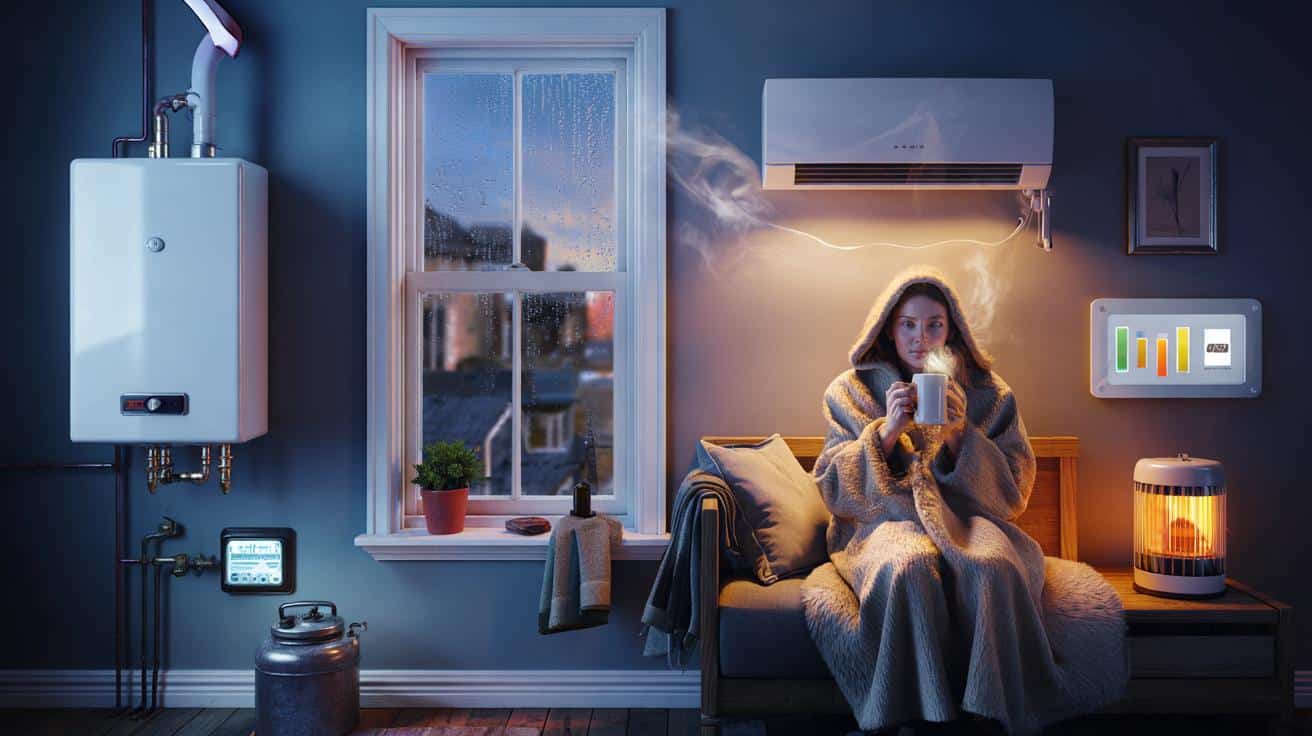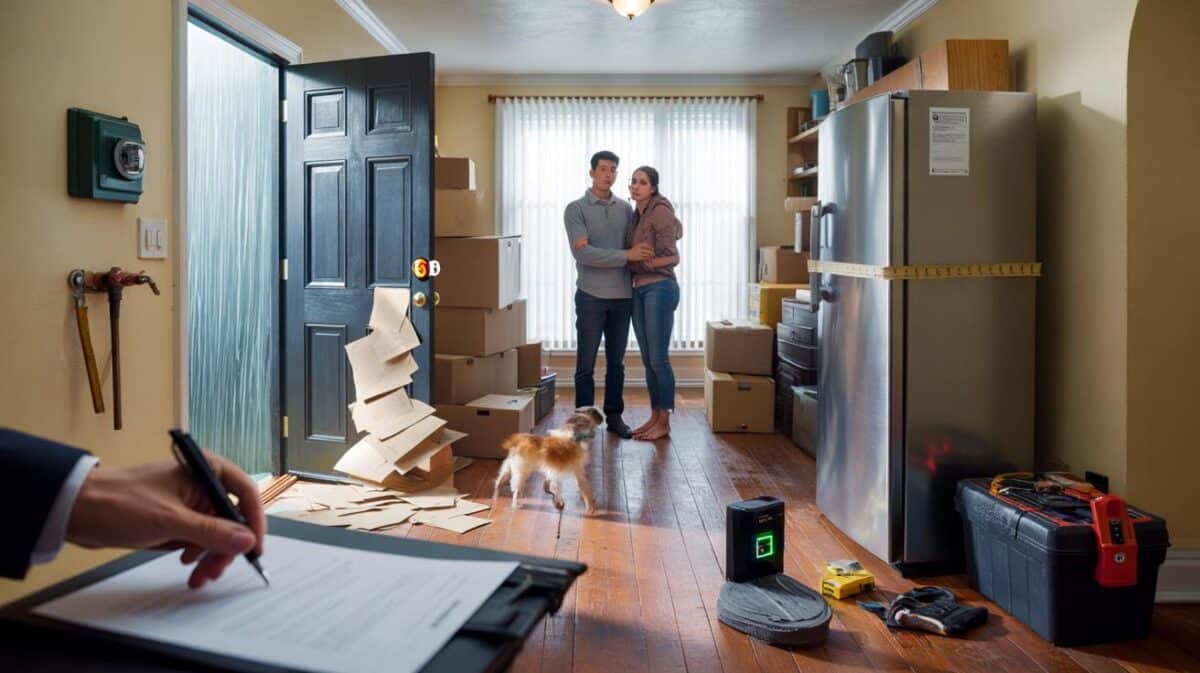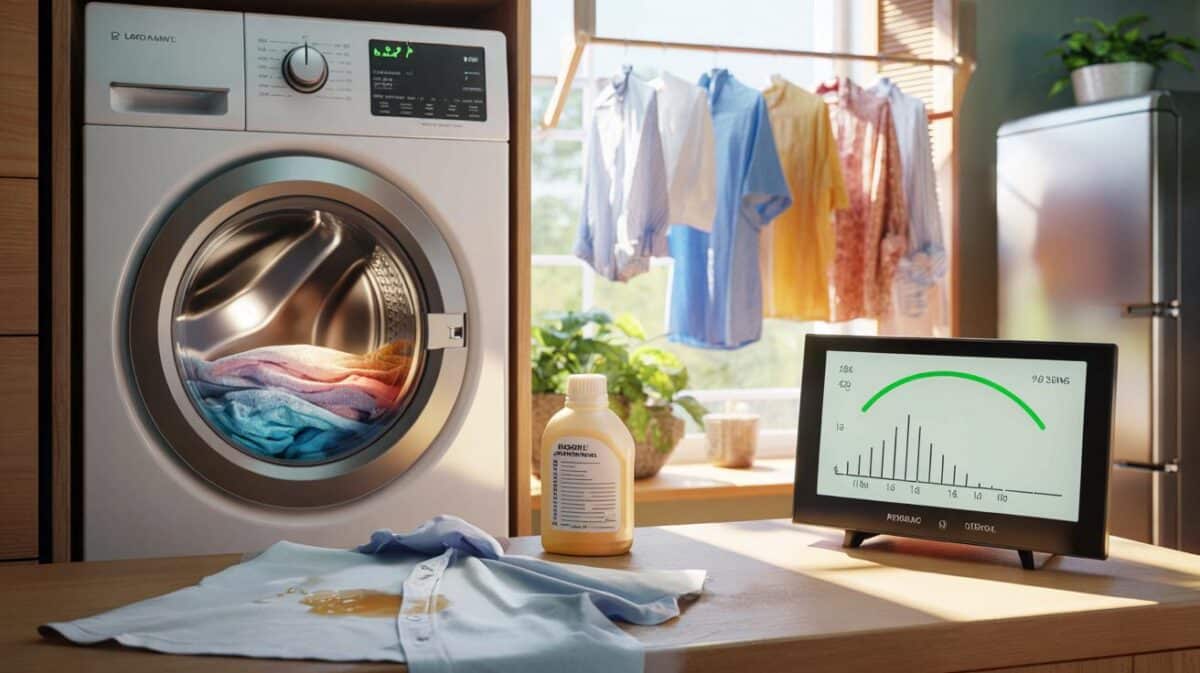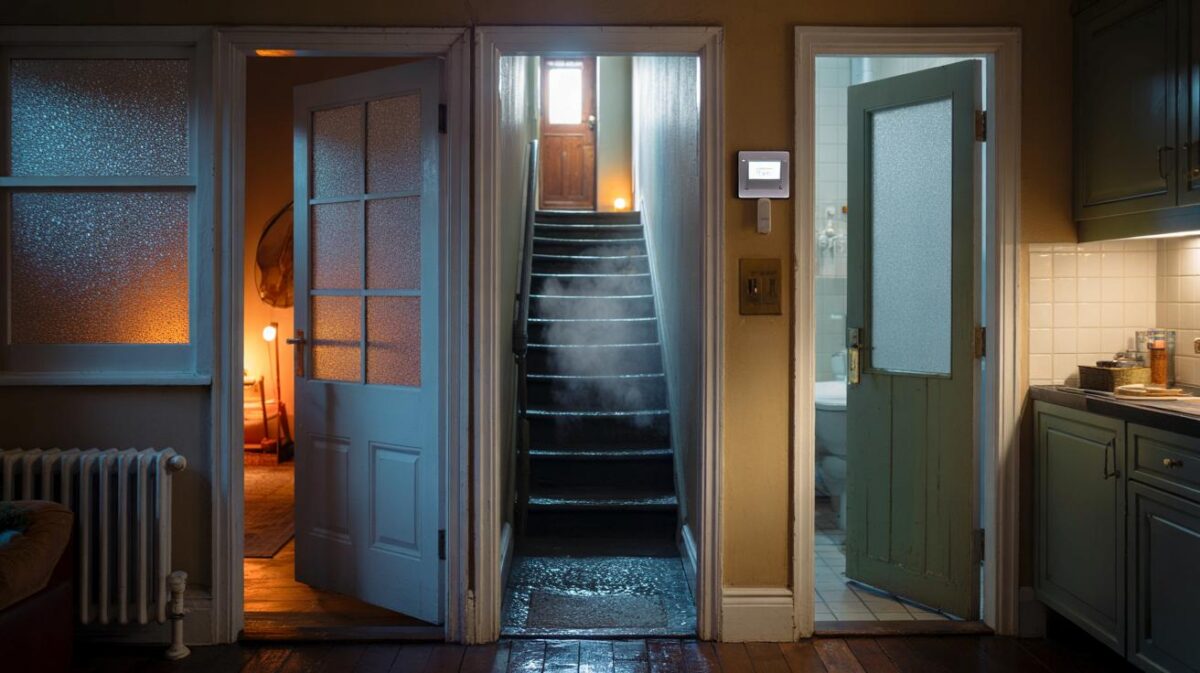If you’re choosing between electric or gas heating, the answer isn’t just in the unit rate. It’s in how little you use, what you pay when you use nothing, and the kit you’ve already got.
The other night, I was in a friend’s top-floor flat near Holloway, the kind you could cross in 12 steps. The boiler clicked like a nervous mouse; the smart meter blinked with that little guilty pulse. We sat in our coats, watching steam soften the kitchen window, having the same argument everyone in a small place has at this time of year: turn it up and pay, or endure and save.
I turned the dial and watched the digits tumble.
Outside, the wind rattled the sash. Inside, we counted pennies and kilowatt-hours. Which is cheaper right now for a small UK flat: electric or gas? The answer isn’t neat.
So which bill bites less?
Right now: the brutal maths for small-flat heating
Start with the obvious truth: price per unit isn’t the whole story. Gas is usually cheaper per kWh than electricity, yet electric can still win in very small homes because of standing charges and low usage. Think of it like a gym membership. If you barely go, the monthly fee hurts more than the treadmill.
Typical caps today sit in broad bands across regions: electricity around 22–28p/kWh, gas around 5–7p/kWh. Standing charges matter: often ~30–35p/day for gas and ~50–60p/day for electricity. If you don’t need gas for cooking or hot water, that gas standing charge can be dead weight. Multiply it by 365 and you’ve paid over a hundred pounds before you’ve felt a single degree of warmth.
Let’s put numbers to a small one-bed. Say you need 3,000 kWh of heat across a year. With a decent boiler at ~90% efficiency, you’ll burn ~3,333 kWh of gas. At 6p/kWh, that’s about £200. Add ~£115 in annual gas standing charge and, realistically, £90–£120 for a boiler service. Call it ~£405. Pure electric panel heaters at 24p/kWh would cost ~£720 for the same heat, with no gas fee. So gas wins at this usage level. Drop heat demand to 800 kWh though, and the maths flips: gas fuel ~£48, plus standing charge and service lands you ~£260; electric ~£190. Suddenly, electric is cheaper, simply because the membership fee is gone.
How to tilt the bill in your favour
Pick your electric carefully if you go that route. Storage heaters on a dual-rate tariff can swallow cheap night-time units and leak heat through the day; in a small flat, that can be perfect if your walls aren’t sieves. A compact air-to-air heat pump (think high-efficiency AC in reverse) is even smarter. Heat pumps change the maths. With a coefficient of performance around 2.5 in UK winters, you might only use 1,200 kWh of electricity to deliver 3,000 kWh of heat. At 24p, that’s ~£288, and no gas standing charge in sight.
Gas may still be your friend if you’re a steady user and already have a modern combi. If you heat the place daily and love long showers, unit-rate savings stack up. Yet those fixed costs bite if you barely switch it on. We’ve all had that moment where you look at the bill and think, am I paying for heat… or just the right to have a meter? On the flip side, switching off the boiler and not booking a service can snowball into costly breakdowns. Let’s be honest: nobody does that every day.
Gas wins on price per kWh; electricity can win on total annual cost if your usage is very low. If you can ditch the gas meter entirely, you erase the standing charge and the service anxiety. There’s one more twist:
“The cheapest heat is the heat you don’t need,” says energy analyst Priya S., “and the second-cheapest is the heat you buy at the right time of day.”
For quick wins in a flat, try:
- Seal the obvious drafts and close unused doors; heat fewer cubic metres.
- Targeted warmth: heated throw for the sofa, small oil-filled rad for the room you’re in.
- If you have storage heaters, charge them fully on the night rate and avoid boost.
- If you have a boiler, lower the flow temperature to ~55–60°C for better efficiency.
- Use a simple timer: heat 30–60 minutes before you’re home, then coast.
The small-flat dilemma, reframed
The question isn’t “electric vs gas” in the abstract. It’s “how much do you really heat, and what fixed costs are you carrying for the privilege?” A compact home can run happily on smart electric if your demand is light and your kit is efficient. A regular heater used sparingly can still be beaten by a small heat pump used daily. A gas combi is hard to beat if you truly use it, week in, week out.
There’s also the texture of life. Winter routines, work-from-home days, shower habits, noisy neighbours who like windows open. The right answer isn’t purely technical; it’s personal. If your landlord permits it, a mini-split heat pump might be the best investment your comfort has ever known. If not, night-rate storage and a heated throw can rewrite your evenings.
Share your own sums with your street or WhatsApp group. You’ll learn what actually works in flats like yours, under roofs like yours, on tariffs like yours. Right now, the “cheapest” choice is the one that trims the fixed costs you don’t need, then buys the heat you do at the smartest moment.
| Key points | Detail | Reader Interest |
|---|---|---|
| Per-kWh vs total cost | Gas cheaper per kWh, but gas standing charge and boiler service can outweigh savings in low-use flats | Helps renters decide if keeping a gas meter makes sense |
| Electric options vary | Resistive heaters are pricey; storage heaters on night rates or small heat pumps can be far cheaper | Shows a path to electric that isn’t eye-wateringly expensive |
| Usage bands matter | At ~3,000 kWh heat/year, gas often wins; at |








